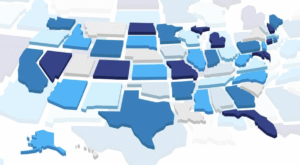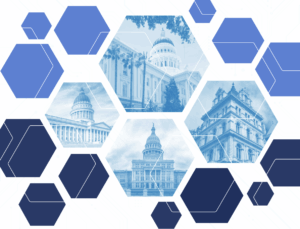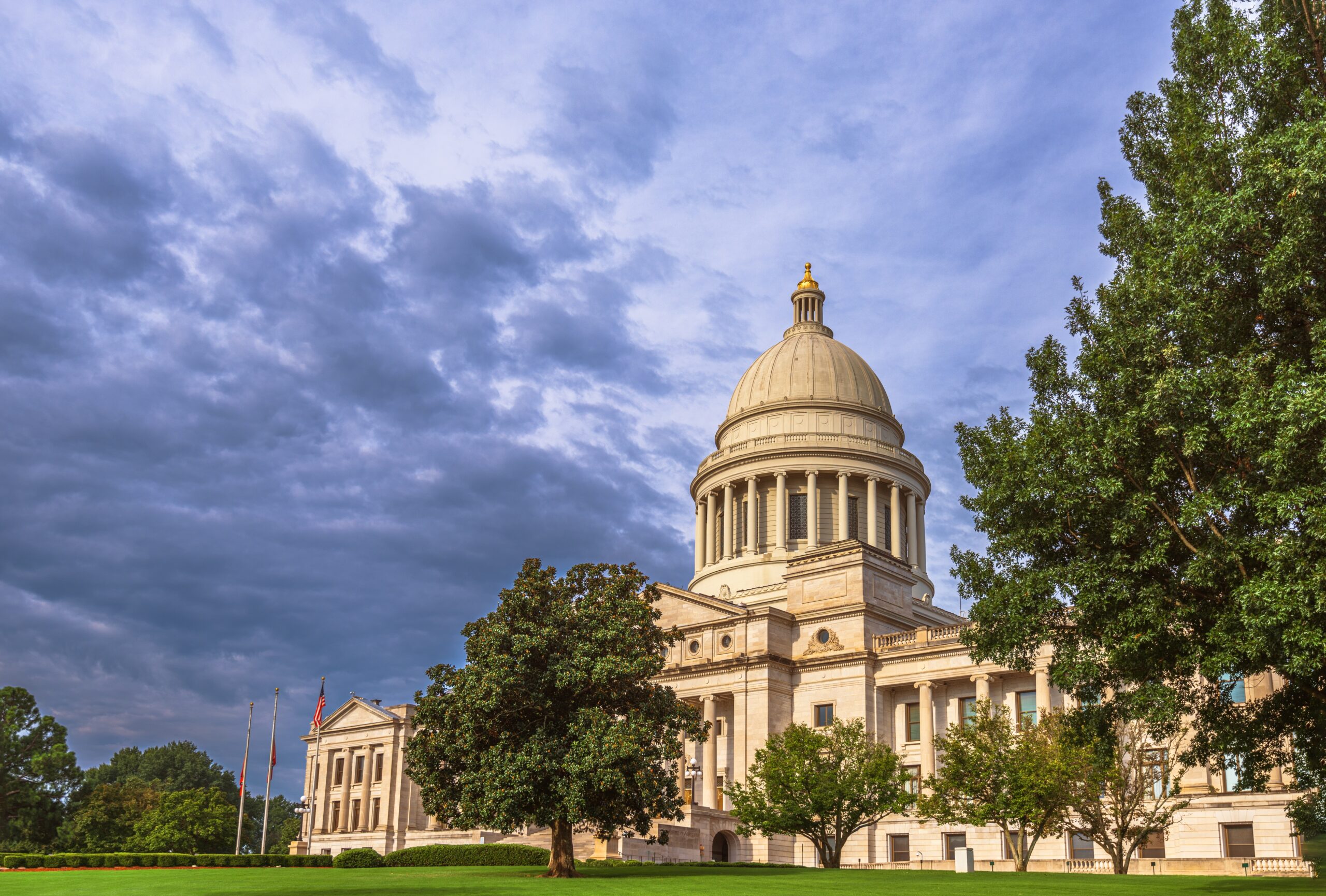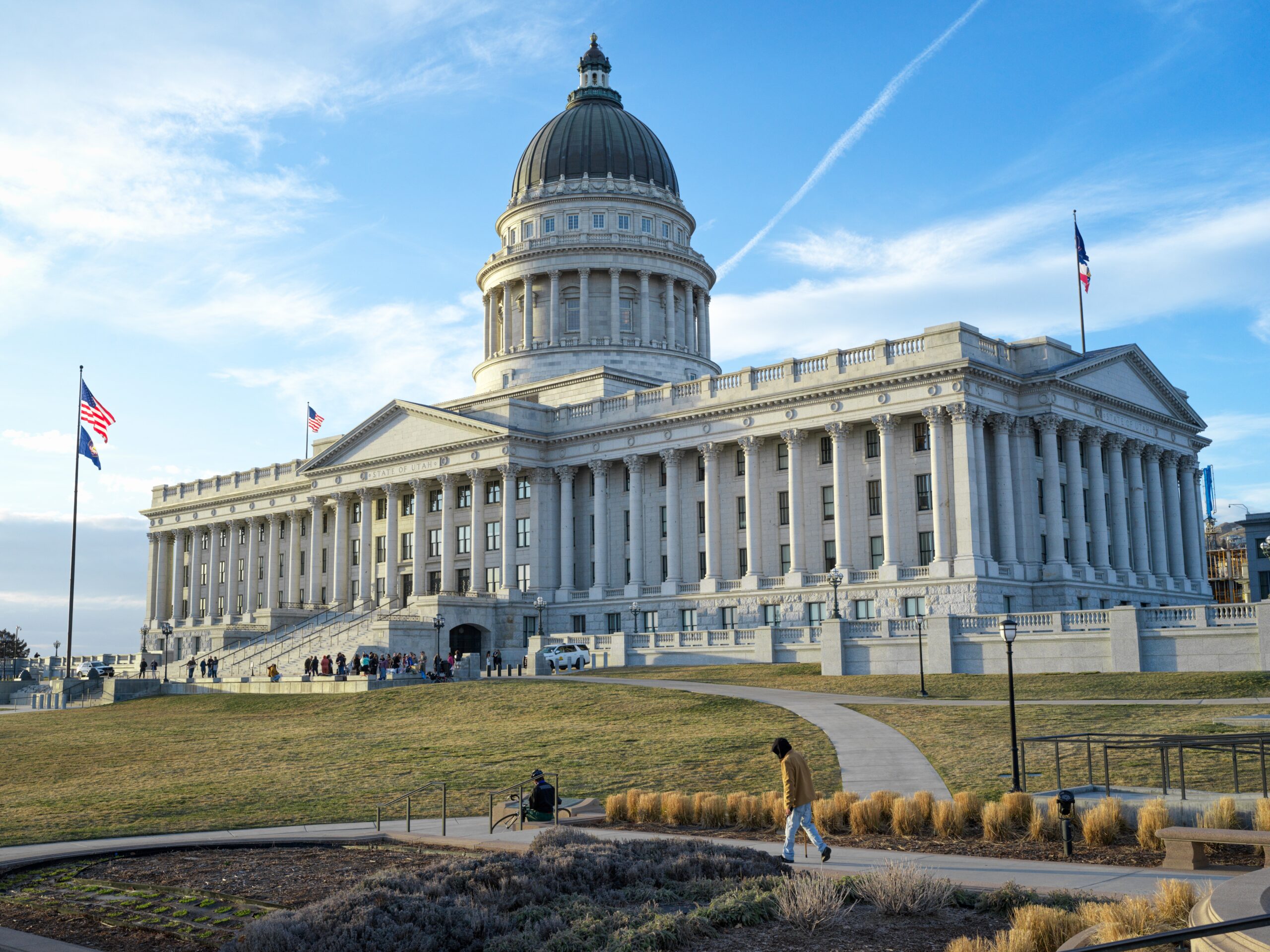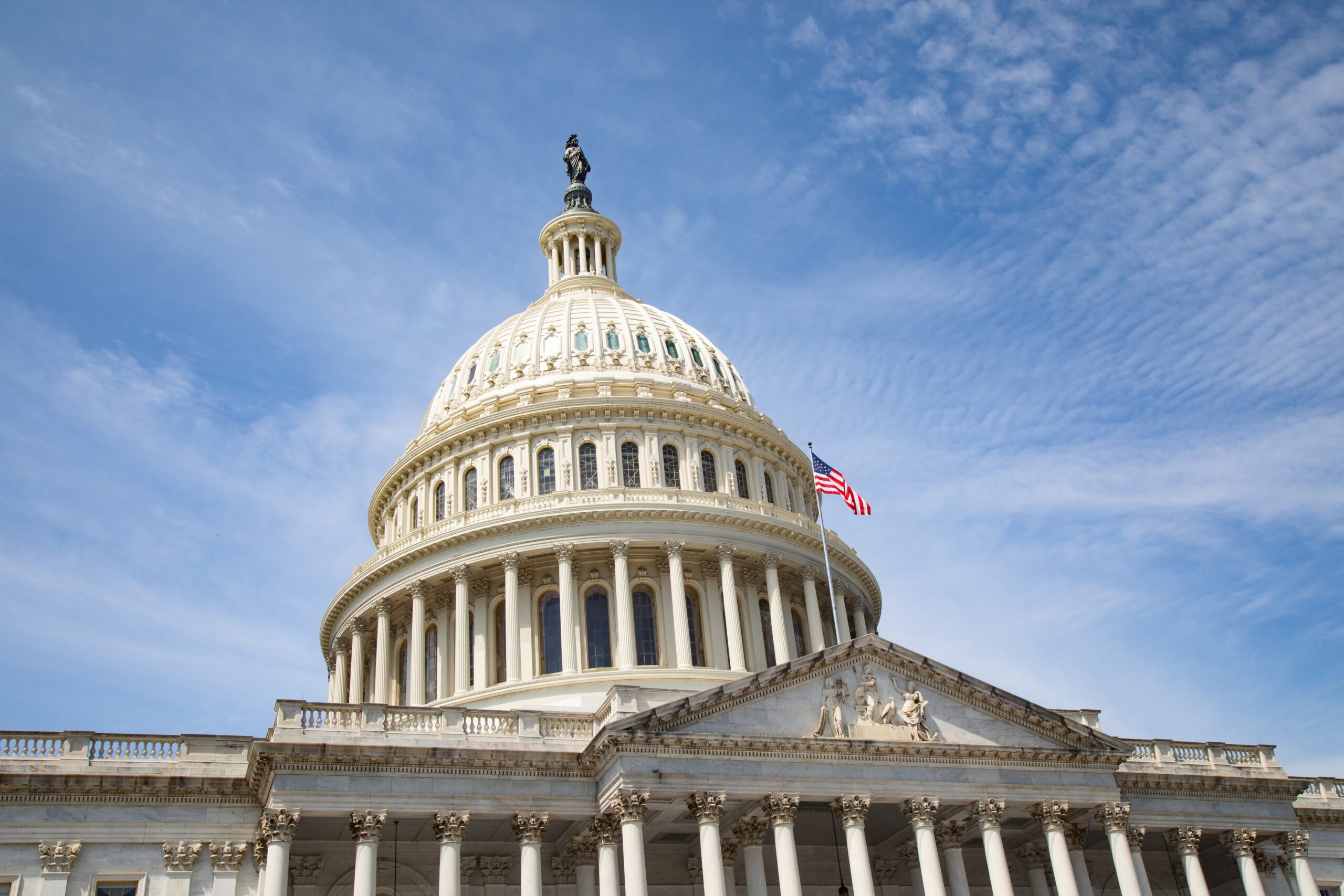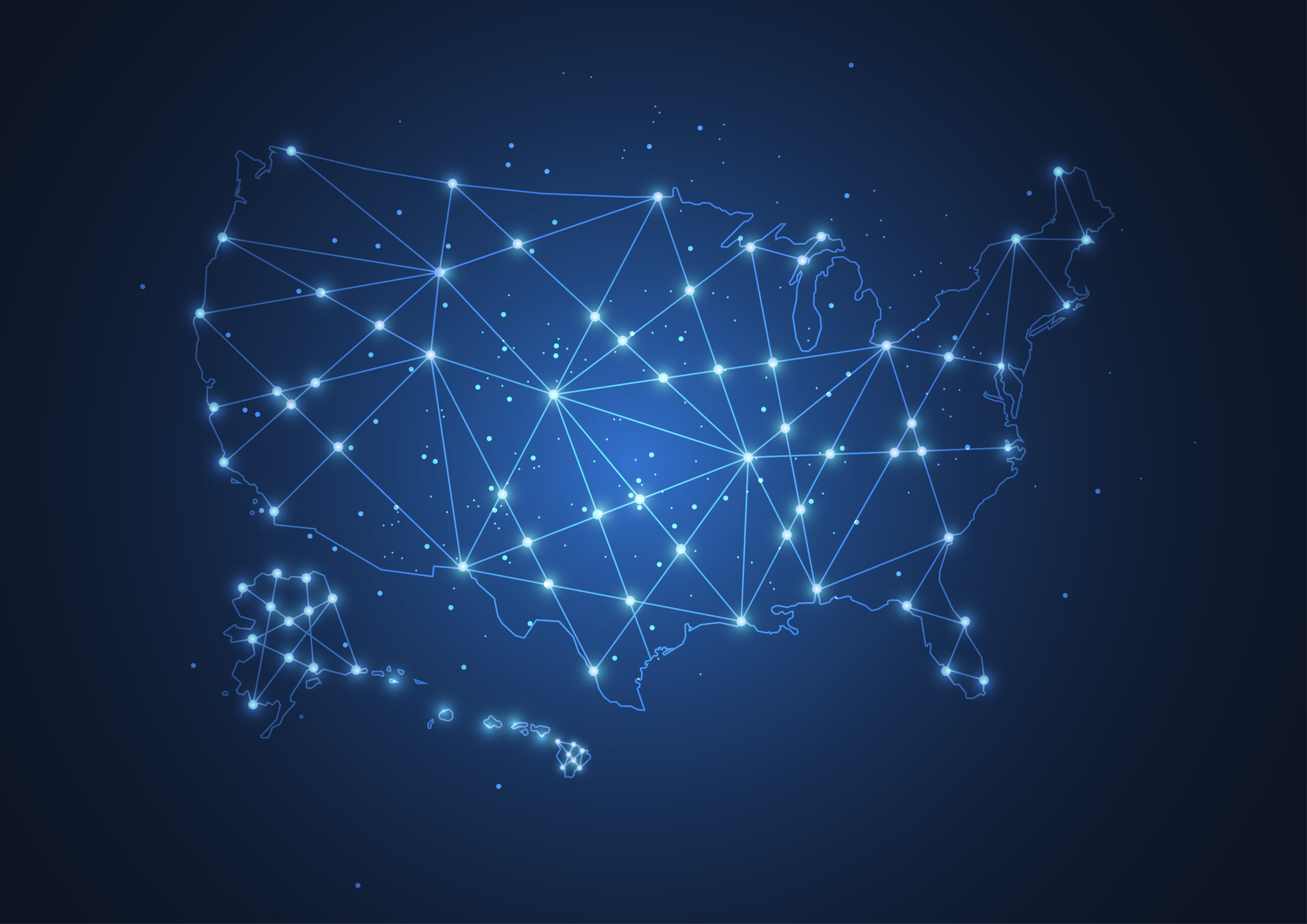Across the United States, evolving data collection and processing practices are driving digital services and socially beneficial research, but also pose increasing risks to individuals and communities that America’s existing sectoral privacy frameworks are insufficient to govern. In response, leaders in law and policy are considering more comprehensive approaches to privacy regulation, which establish baseline rights and protections for personal data throughout the economy. Years of negotiations in Congress culminated in the introduction of the bipartisan American Data Privacy and Protection Act in 2022; however, its fate remains uncertain. In the absence of federal legislation, five U.S. states—California, Virginia, Colorado, Utah, and Connecticut— enacted comprehensive consumer privacy laws between 2018-2022.
The Future of Privacy Forum provides expert, independent analysis of legislative and regulatory approaches to protecting data privacy interests. FPF does not typically support or oppose particular bills, but instead focuses on analyzing proposals in relation to existing privacy frameworks, sharing information on current data practices and technologies, and ensuring that data governance strategies are future-looking and adaptable.
FPF also engages with the broader privacy community through reports, blog posts, webinars, and educational programs such as the CPRA Law + Tech Series. It is our view that robust and durable policy outcomes can be achieved when all stakeholders are equipped to understand the key technologies, business practices, and legal mechanisms available to regulate privacy and data protection. FPF’s legislation work is led by Tatiana Rice, Senior Director.
Featured
Amendments to the Montana Consumer Data Privacy Act Bring Big Changes to Big Sky Country
On May 8, Montana Governor Gianforte signed SB 297, amending the Montana Consumer Data Privacy Act (MCDPA). This amendment was sponsored by Senator Zolnikov, who also championed the underlying law’s enactment in 2023. Much has changed in the state privacy law landscape since the MCDPA was first enacted, and SB 297 incorporates elements of further […]
Little Rock, Minor Rights: Arkansas Leads with COPPA 2.0-Inspired Law
With thanks to Daniel Hales and Keir Lamont for their contributions. Shortly before the close of its 2025 session, the Arkansas legislature passed HB 1717, the Arkansas Children and Teens’ Online Privacy Protection Act, with unanimous votes. As the name suggests, Arkansas modeled this legislation after Senator Markey’s federal “COPPA 2.0” proposal, which passed the […]
Chatbots in Check: Utah’s Latest AI Legislation
With the close of Utah’s short legislative session, the Beehive State is once again an early mover in U.S. tech policy. In March, Governor Cox signed several bills related to the governance of generative Artificial Intelligence systems into law. Among them, SB 332 and SB 226 amend Utah’s 2024 Artificial Intelligence Policy Act (AIPA) while […]
This year’s Winning Privacy Papers to be Honored at the Future of Privacy Forum’s 15th Annual Privacy Papers for Policymakers Event
The Future of Privacy Forum’s 15th Annual Privacy Papers for Policymakers Award Recognizes Influential Privacy Research February 3, 2025 — Today, the Future of Privacy Forum (FPF) — a global non-profit focused on data protection headquartered in Washington, D.C. — announced the winners of its 15th annual Privacy Papers for Policymakers (PPPM) Awards. The PPPM […]
Twelve Privacy Investments for Your Company for a Stronger 2025
FPF has put together a list of Twelve Privacy Investments for Your Company for a Stronger 2025 that reflects on new perspectives on the work that privacy teams do at their organizations. We hope there is something here that’s useful where you work, and we’d love to hear other ideas and feedback. Privacy Investments for Your […]
FPF’s Year in Review 2024
With contributions from Judy Wang, Communications Intern 2024 was a landmark year for the Future of Privacy Forum, as we continued to grow our privacy leadership through research and analysis, domestic and global meetings, expert testimony, and more – all while commemorating our 15th anniversary. Expanding our AI Footprint While 2023 was the year of […]
Five Big Questions (and Zero Predictions) for the U.S. State Privacy Landscape in 2025
In the enduring absence of a comprehensive national framework governing the collection, use, and transfer of personal data, state-level activity on privacy legislation has been on a consistent upward trend since the enactment of the California Consumer Privacy Act in 2018. With all 50 U.S. states scheduled to be in session in 2025, stakeholders are […]
FPF Unveils Report on the Anatomy of State Comprehensive Privacy Law
Today, the Future of Privacy Forum (FPF) launched a new report—Anatomy of State Comprehensive Privacy Law: Surveying the State Privacy Law Landscape and Recent Legislative Trends. By distilling this broad landscape to identify the “anatomy” of state comprehensive privacy law, this report highlights the strong commonalities and the nuanced differences between the various laws, showing […]
U.S. Legislative Trends in AI-Generated Content: 2024 and Beyond
Standing in front of the U.S. flag and dressed as Uncle Sam, Taylor Swift proudly proclaims that you should vote for Joe Biden for President. She then wants you to vote for Donald Trump in a nearly identical image circulated by former President Trump himself. Both the images, and the purported sentiments, are fabricated, the […]
Do LLMs Contain Personal Information? California AB 1008 Highlights Evolving, Complex Techno-Legal Debate
By Jordan Francis, Beth Do, and Stacey Gray, with thanks to Dr. Rob van Eijk and Dr. Gabriela Zanfir-Fortuna for their contributions. California Governor Gavin Newsom signed Assembly Bill (AB) 1008 into law on September 28, amending the definition of “personal information” under the California Consumer Privacy Act (CCPA) to provide that personal information can […]


